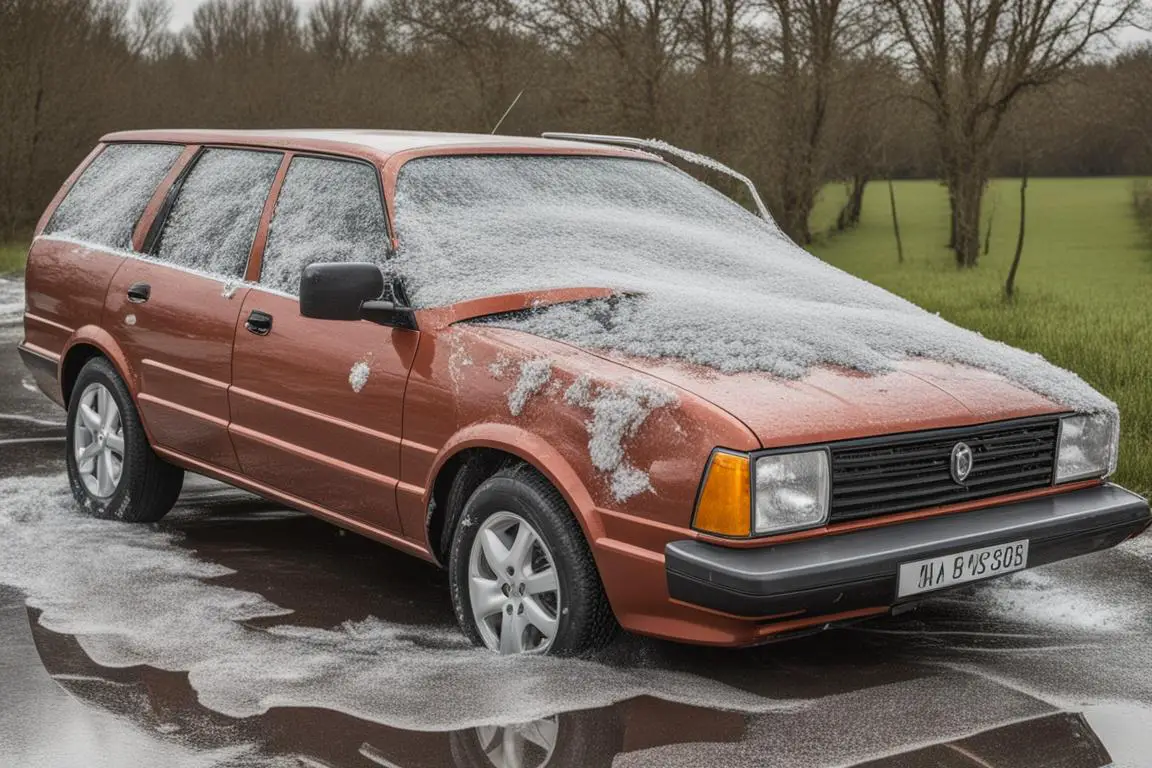When you sign the dotted line on your car insurance policy, are you fully aware of what you’re actually protected against? Its not just about having a piece of paper that allows you to legally drive. Its about understanding the layers of protection that come with it, which many drivers often overlook until they find themselves in situations where they need it the most.
Learn about Car Insurance Coverage
- Car insurance covers liability, collision, comprehensive, uninsured/underinsured motorist, medical payments, and personal injury protection.
- Car insurance does not cover regular maintenance, personal belongings, driving for rideshare, or intentional damage.
- The amount of car insurance needed depends on individual circumstances like driving habits and financial situation.
What is car insurance?
Car insurance, at its core, is a contract between you and the insurance company. You agree to pay the premium, and in return, the company promises to pay for specific financial losses during the term of the policy. But it’s not just a simple transaction. It’s a pivotal element of financial security for drivers, shielding you from potentially catastrophic costs due to accidents, theft, or other unforeseen incidents.
From my personal journey, I remember the first time I had to claim insurance after a minor fender bender. The process opened my eyes to the importance of thoroughly understanding what my policy covered. It wasnt just about the damage repairs; it was about ensuring no financial strain would derail my daily life.
What does car insurance cover?
Car insurance is a multifaceted product designed to cover various risks associated with driving and owning a vehicle. Here’s a breakdown of the typical coverages:
Liability coverage
Liability coverage is the bedrock of any auto insurance policy. Legally required in most states, it covers the costs associated with injuries and property damage you may cause to others in an accident. This is not merely a regulatory formality but a critical component that safeguards your financial well-being.
Insider Tip: Always opt for liability coverage that surpasses your state’s minimum requirements. In an era where medical costs and vehicle repairs are skyrocketing, minimal coverage might not suffice in severe accidents.
Collision coverage
Collision coverage comes into play when your vehicle is involved in a collision, whether it’s with another vehicle or an object like a tree or a pole. This coverage isn’t about who’s at fault; it’s about getting your car back in shape or providing you its value if it’s totaled.
I learned the hard way that without collision coverage, the financial burden of repairing a new model car can be overwhelming, especially when youre still paying off your car loan.
Comprehensive coverage
Comprehensive coverage is your financial safety net against risks that aren’t caused by a collision. This includes scenarios like theft, vandalism, hail, or fire. It’s an aspect of car insurance that many overlook, considering it non-essential until they face a situation like having their car stolen or damaged by severe weather.

Uninsured and underinsured motorist coverage
This coverage is crucial yet often underestimated. It protects you in the event that you’re in an accident with a driver who either lacks adequate insurance or has none at all. Given that a significant number of drivers on the road carry minimal insurance, this coverage is not just optional; its a necessity.
Personal Case Study: Understanding the Importance of Comprehensive Coverage
Sarah’s Story
Sarah, a careful driver in her mid-30s, thought she had enough coverage with just liability insurance on her car. However, one rainy evening, a tree branch fell on her parked car, causing significant damage to the windshield and roof. Sarah was shocked to learn that her liability coverage did not include repairs for damages caused by falling objects or severe weather.
Lesson Learned
Sarah’s experience highlights the importance of having comprehensive coverage in addition to liability insurance. Comprehensive coverage would have helped cover the costs of repairing her car after the unexpected incident, saving her from unexpected financial burden. Sarah now understands the value of having comprehensive coverage to protect against a wider range of risks, not just those involving other drivers on the road.
Medical payments coverage
Medical payments coverage is designed to handle medical expenses for you and your passengers, regardless of who’s at fault in an accident. It ensures that medical bills are taken care of swiftly, allowing for peace of mind and focusing on recovery without the looming stress of medical debts.
Personal injury protection (PIP) coverage
PIP is an extension of car insurance that covers medical expenses, and sometimes lost wages and other damages. PIP is mandatory in some states, especially those with “no-fault” laws, meaning it’s required regardless of who caused the accident.
Having experienced a minor injury in an accident, I can affirm the relief that PIP coverage brings, not just in medical terms but also in maintaining financial stability during recovery.
What does car insurance not cover?
Car insurance is extensive, but it’s not exhaustive. Here are common exclusions:
Regular maintenance and wear and tear
Your car insurance is not a maintenance contract. Regular wear and tear or breakdowns are not covered. This includes anything from brake replacements to engine failures that are a result of aging or lack of maintenance.
Insider Tip: Regularly check and maintain your vehicle to avoid significant out-of-pocket expenses that arent covered by insurance.
Personal belongings in your car
If your laptop or designer sunglasses get stolen from your car, dont expect your auto insurance to cover it. You’ll need homeowners or renters insurance for these items.
Driving for a rideshare company
This is a modern-day caveat. Standard personal car insurance policies do not cover using your vehicle for commercial purposes, like driving for a rideshare service. For this, you need a commercial insurance policy or additional coverage through the rideshare company.
Intentional damage or illegal activities
Any damages resulting from intentional misconduct or during illegal activities are not covered under standard car insurance policies. Committing fraud or using your vehicle for unlawful deeds voids the coverage.
How much car insurance do you need?
Determining the right amount of car insurance involves assessing your financial situation, your vehicle’s value, and your personal risk tolerance. It’s not just about meeting state minimums. Consider your assets and what you might be risking in the event of a major lawsuit against you.
Remember, the cheapest policy isn’t always the best. Weigh the potential out-of-pocket costs against the premiums and choose a coverage that truly protects you.
Insider Tip: Consult with an insurance advisor to tailor your policy to your specific needs, considering all possible scenarios and ensuring that you’re fully protected.
In conclusion, understanding what your car insurance covers is as crucial as having the insurance itself. Its not just about legality; its about financial security and peace of mind. Make sure youre covered adequately for all the risks you might facebecause on the road, anything can happen, and it usually does when you least expect it.
Frequently Asked Questions
What risks does car insurance cover?
Car insurance typically covers risks such as accidents, theft, vandalism, and liability.
Who benefits from car insurance coverage?
Anyone who owns or drives a car can benefit from having car insurance coverage.
How does car insurance protect me financially?
Car insurance protects you financially by covering the costs of repairs, medical bills, and legal fees in case of an accident.
What if I don’t have car insurance?
Driving without car insurance is illegal in most places and can lead to fines, license suspension, or even legal action.
How can I lower my car insurance premiums?
You can lower your car insurance premiums by maintaining a good driving record, choosing a higher deductible, and bundling policies.
Won’t my health insurance cover car accident injuries?
While health insurance may cover some medical costs, car insurance provides specific coverage for injuries sustained in a car accident, including rehabilitation and lost wages.


